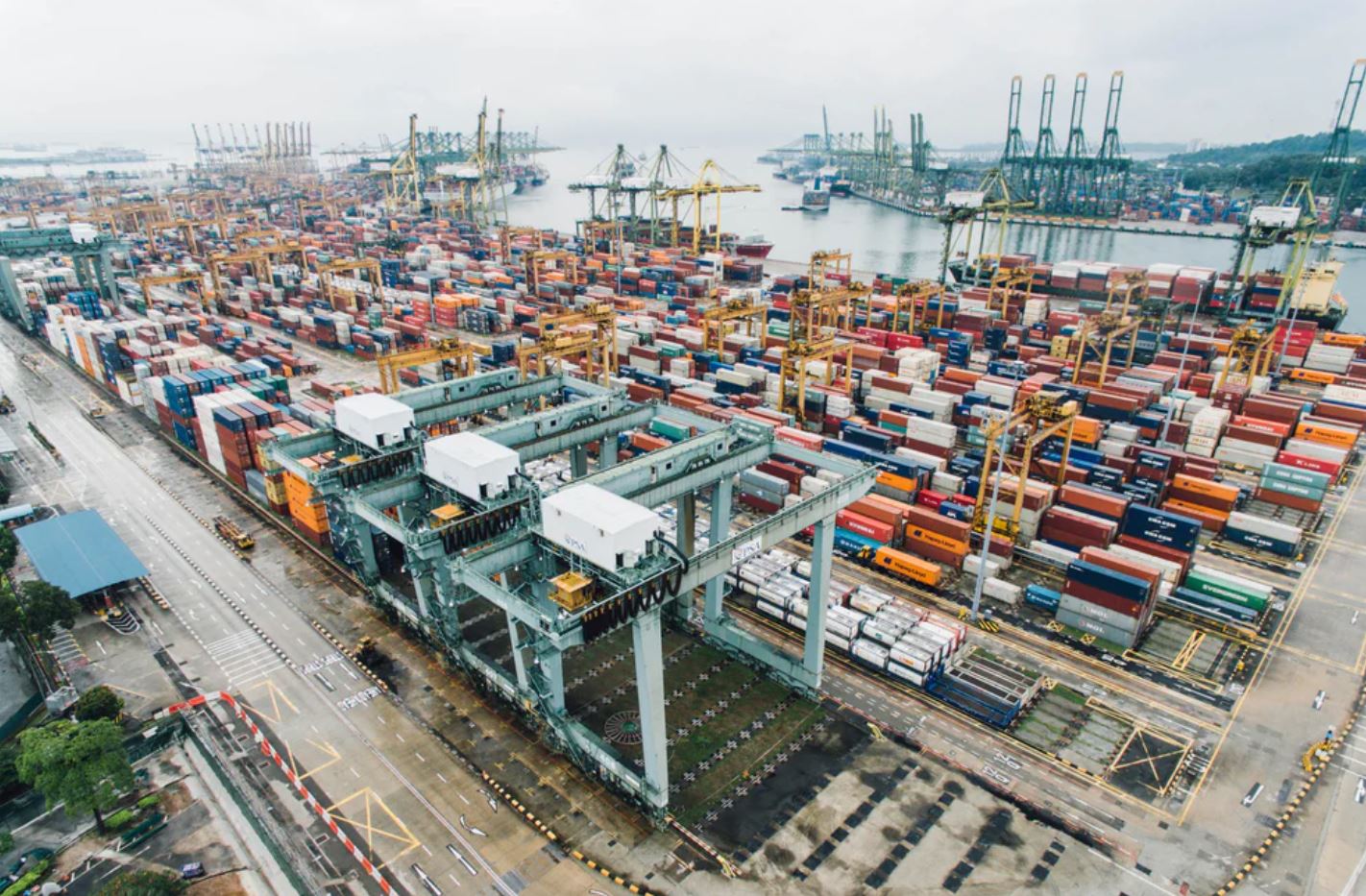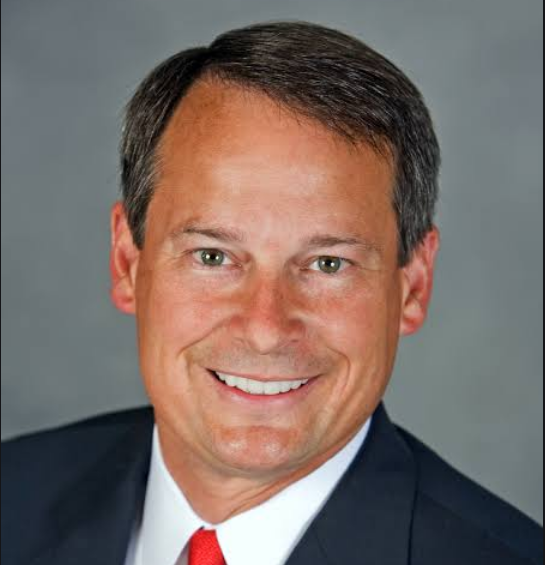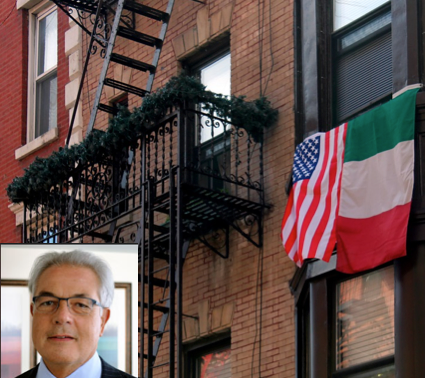What’s Next for China A-Shares Inclusion in MSCI Indices
| By Gabriela Huerta | 0 Comentarios

Since 2018 China A-Shares have been included in MSCI Indices. Improvements in accessibility are expected to accelerate further inclusion of the China A-Shares in the near term. In this Q&A, Matthews Asia Portfolio Strategist Jeremy Murden offers his views on this and China’s motivation to increase accessibility.
What Changes have been made to the MSCI Indices?
With the rebalance on November 27, 2019, index provider MSCI has completed the planned increase of both the weighting and breadth of China A-shares exposure in its emerging markets index as well as its China index and other regional indices.
In 2019, the inclusion factor rose to 20% from 5% through a three-step implementation process of 5% increments that began in May. In addition to the increase in allocation to the existing securities, MSCI also increased the breadth of the securities by including ChiNext shares as well as mid-cap stocks. Following the rebalance, Chinese A-share securities now make up approximately 4.2% of the MSCI Emerging Markets Index, an increase from 0.72%, and China exposure including A-shares now makes up approximately 33.6%.
Why were these changes made?
The move follows the successful implementation of the initial 5% inclusion of China A-shares in 2018 and wide support for the weight increase from international institutional investors. MSCI consulted with a large number of international institutional investors, including asset owners, asset managers, broker/dealers and other market participants worldwide as part of its review process.
Additionally, there was significant growth in the adoption of A-share investment by international investors as the number of northbound Stock Connect accounts grew from 1,700 before the June 2017 inclusion announcement to over 7,300 in February 2019. The Stock Connect programs in recent years linked the Shanghai and Shenzhen stock exchanges to the Hong Kong Stock Exchange and enabled foreign investors to buy A-shares with fewer restrictions.
Are further increases expected?
Yes. While no future increases are currently scheduled, MSCI is in regular contact with the China Securities Regulatory Commission (CSRC) regarding the proposed improvements in market accessibility that would lead to an increase in the inclusion factor.
What are key improvements the CSRC would need to make before inclusion is increased?
A key driver of the increase to 20% from 5% inclusion was the significant advancements in accessibility, including a tightening of the trading suspension rules and a quadrupling of the daily Stock Connect quota in 2018. MSCI highlighted nine potential improvements as a road map to a potential 100% inclusion.
The four areas that MSCI views as most pertinent to increasing the inclusion factor beyond 20% are:
- Access to hedging and derivatives as the lack of listed futures and other derivatives products hamper investors’ ability to implement and risk-manage a large-scale inclusion
- Change the current settlement cycle of T+0/T+1 to the emerging market standard of T+2 as the current short settlement period presents operational risk and tracking challenges
- Align the trading holidays of onshore China and Stock Connect as the misalignment creates investment frictions
- Create the availability of Omnibus trading mechanism in Stock Connect to better facilitate best execution and lower operational risk.
The next tier of improvements that MSCI communicated to the CSRC are:
- Further reduce trading suspensions. There have been visible improvement lately, but trading suspensions in the China A-shares market remain unique when compared to other emerging markets
- Improve access to the Chinese renminbi for stock settlement as direct access to the renminbi for stock settlement could represent a more-efficient foreign-exchange option for global investors
- Improve access to IPOs and ETFs as both remain outside the scope of Stock Connect.
- Open stock lending and borrowing. While short-selling is technically allowed, there currently is no functioning stock lending and borrowing market
- Improve the stability of the Stock Connect universe as changes can create turnover issues in the maintenance of indexes.
What are potential next steps?
According to Sebastian Lieblich, MSCI’s Global Head of Equity Solutions, MSCI has been pleasantly surprised by the pace of accessibility improvements that have been implemented by the CSRC over the past 12 to 18 months. Beijing has indicated that access to derivatives and the alignment of holiday schedules are likely to be addressed in the near term. The change in settlement time is more complex, but still could be implemented swiftly. If the present momentum continues, “in a relatively short time frame, the launch of a public consultation on a major change could be announced.”
While the 2019 increase has been a move from 5% to 20%, Mr. Lieblich felt that given the pace of improvements, moving forward there is no need to grow the inclusion factors in 15% to 20% increments. He stated there is no prescribed path from here and the timing and extent of further inclusion will be directly driven by the timing and extent of accessibility improvements. While nearly all of the second-tier steps would need to be completed to reach 100% inclusion, incremental improvements will accelerate inclusion in the near term.
In addition to an increase in the inclusion factor, MSCI could continue to broaden the universe of A-shares to include the small-cap universe in indices to align China A-shares with the global standard of 85% of adjusted free float market cap. Beyond that, the securities trading on the new Shanghai Stock Exchange’s Science and Technology Innovation Board (STAR Market) could be included if they meet requirements of the MSCI GIMI Methodology and the eligibility of the stock connect programs linking the mainland markets and Hong Kong.
Finally, the exposure of Chinese A-shares in MSCI indices is still limited by the current 30% foreign ownership limit. Any opening from that limit would result in an increase to the adjusted free float market cap of all A-shares at the next index rebalance without any action by MSCI. Depending on the scale of the increase, it could have a multiplicative effect on the increase in A-share inclusion.
What is China’s motivation to increase accessibility?
China is primarily driven by a desire to draw institutional assets into its domestic market, according to our MSCI source. While many developed equity markets are 80%+ institutionally owned, China remains the inverse with only 20% institutional ownership. That has led to higher volatility as annual turnover in the A-share market in 2017 was 222% versus 116% for the U.S. Access to a larger pool of institutional capital, which tends to be more stable and long term in nature, would help reduce volatility in the market.
What would a move to 50% inclusion and beyond mean for the MSCI emerging market index?
Holding all other factors constant, a move to 50% inclusion from 20% inclusion would increase the exposure of A-shares in the MSCI Emerging Markets Index to 9.8% from its current level of 4.2% and increase China exposure to 37.5% from 33.6%. At full inclusion, China would represent 43.1% of the benchmark, 17.8% of which would come from A-share exposure. Looking ahead further, if South Korea and Taiwan, which are already considered to be developed economies, were to graduate to developed- market status per MSCI, China would make up 48.2% of the index at 50% inclusion and 54.0% at full inclusion.
How could this benefit investors?
The current Chinese exposure within the MSCI Emerging Markets Index and other indices is heavily weighted to mega-cap internet companies and large Chinese banks. This and future increases in A-shares exposure, and a further broadening of the universe to include small-cap stocks, will allow the indices to better reflect the opportunity set within Chinese equities.
Additionally, there was an estimated $1.9 trillion in assets that track the MSCI EM Index as of March 2019. While flows into A-shares from active managers are difficult to predict, the growth of the benchmark weight is likely to translate to inflows to the space and larger exposure from active managers who track the index.
Will pressure from U.S. politicians affect A-share inclusion?
While there has been pressure from U.S. policymakers, led by Florida Senator Marco Rubio, to remove Chinese stocks from indices, MSCI remains focused on the needs of global investors. Per MSCI, all indices use a fully transparent rules-based methodology. MSCI stated it will not make changes to existing indices or delay a planned allocation due to political pressure, only to changes in market access.
Additionally, the U.S. Thrift Savings plan at the center of the political pressure recently announced its decision to maintain its current benchmarks and China exposure after its board and consultant concluded maintaining the exposure to China was in the best interest of plan participants.
How much experience does Matthews Asia have with China A-shares?
Matthews Asia has extensively studied and invested in China’s domestic A-share companies for many years. In 2014, our firm was awarded a Qualified Foreign Institutional Investor (QFII) license and quota that enabled us to invest directly into China’s domestic securities market, including the market for China A-shares. We also have participated in A-shares via the Stock Connect programs.
We continue to be attracted by the fundamentally sound merits of many local companies listed in China. We realize that many quality A-share companies in growing industries can be priced at rich valuation multiples, however, which makes our experience of carefully vetting them critical. We believe long-term investors can benefit from exposure to A-shares.
At Matthews Asia, our focus has always been on taking a fundamental approach to finding leading A-share companies that are poised to benefit from the country’s structural shift toward its domestic economy.


 In this respect, in August, they defined their ‘late cycle slowdown’ scenario as a world where the Global PMI was below 50, global EPS growth was somewhat negative and US core inflation was materially below target at 1.5%. “That was fairly close to the economic reality at the time and yet, under that scenario, we forecast equity returns of only a further 5% decline”.
In this respect, in August, they defined their ‘late cycle slowdown’ scenario as a world where the Global PMI was below 50, global EPS growth was somewhat negative and US core inflation was materially below target at 1.5%. “That was fairly close to the economic reality at the time and yet, under that scenario, we forecast equity returns of only a further 5% decline”. “Despite this scenario being more optimistic than a continued slowdown, the rally we have already seen leaves us forecasting only a further 5% upside in the US, Japanese and European equity markets in the near term”. If growth does improve, the asset manager sees potentially more upside in UK and EM equities (10-20%) given their more elevated risk premiums.
“Despite this scenario being more optimistic than a continued slowdown, the rally we have already seen leaves us forecasting only a further 5% upside in the US, Japanese and European equity markets in the near term”. If growth does improve, the asset manager sees potentially more upside in UK and EM equities (10-20%) given their more elevated risk premiums.






